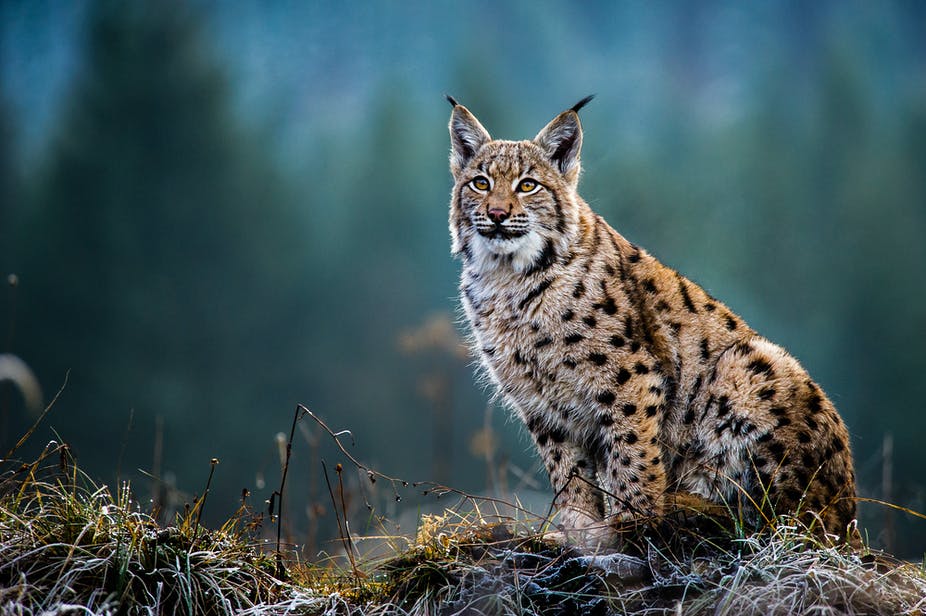The UK has been predator free (at least large predators that can threaten humans and have to regularly kill to survive) for roughly 300 years. Wolves disappeared around 300 years ago, bears are thought to have gone extinct around 1,000 years ago and lynx are thought that have gone extinct about 1,300 years ago.

So if lynx was the first of the three large predators to disappear, why is it likely to be the first to be reintroduced (it is true that a bear trial has already occurred in Scotland – where a pair of bears were released for a few months, though given it is not exclusively carnivorous it does not help control herbivore populations to the same extent that lynx would)?
Well, one of the most obvious reasons for this is very simple. Bears and wolves were hunted specifically because of their attacks on livestock- this drive them to extinction. The country with the biggest lynx population, Romania, also happens to have one of the biggest sheep populations as well.
With lynx, hunting is not thought to have been the cause of extinction – of course hunting is unlikely to have helped, however what is more likely to have caused their actual extinction is loss of habitat. Before the Normans invaded around 1066, the vast majority of the UK was covered in forest – a perfect habitat for lynx. However lynx cannot survive without the forest, and so as the forest was cut down the lynx population reduced.
Why then, is it time to reintroduce them? Because this pattern has reversed. Rather than us cutting down forests, over the last few decades the area of forested land in the UK has increased dramatically.
There has been a similar increase in the number of wild deer, yet without lynx these dear are doing more and more damage to the forests – indeed in places the deer nicely stop the forest from growing.
Returning lynx will bring this ecosystem back into balance.
Now this second proposal is only a trial and would include perhaps just lynx. The animals would be closely monitored, and the trial has a set length. When they are given a large enough patch of forest, lynx rarely roam beyond. Not only this, but the proposed area of forest has large numbers of deer living in it, meaning that is prime habitat for lynx and so they are highly unlikely to go anywhere.
Regardless they would be closely monitored by scientists, and large amounts of data collected both on the changes to the forest and the deer population, and to the people and farms that live around the forest. My hope is that this goes ahead.
As I have started before, the predators have an outsized impact on their environment- they may only be talking about reintroducing four lynx, however even this small number is likely to have a large impact on the deer in the forest. In the first instance they will likely start avoiding the roads that run through the forest however as time continues they will likely spend more and more of their time hidden, so it is likely that people would see deer less often than they do at the moment.
In the short term it would likely boost the number of tourists in the area. If lynx were reintroduced permanently, the number of sheep killed would be very low, yet those same farmers and other locals which suddenly have a large number of tourists visiting who would try to get a glimpse of one of these animals.
I certainly hope this goes ahead; it is a scientific small scale trial. It is unsustainable long-term, do you have a population of deer that literally numbers in the millions, with not a single predator that can create an environmental control on their numbers.











